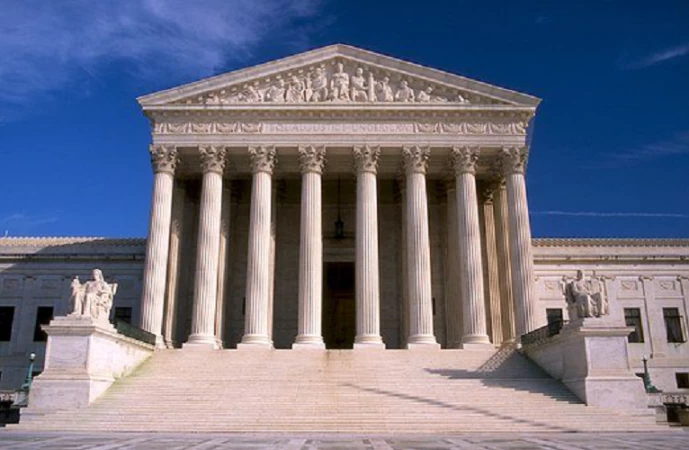
While you’re not supposed to refuse your lawyer’s guidance, you always have the ultimate final say of the direction your case may move. In most cases, the lawyer and the defendant come to a halt on important issues of the case, such to plead or to go to trial. The lawyer then is only left with two options; to either allow the defendant to move on with his/her decision or persuade the judge to enable him/her withdraw counsel from the case.
Can I Plead Guilty Or Not Guilty?
When a defendant is given a chance to plead guilty or go to trial, he/she is always tossed between thoughts of whether to show the judge they are innocent or not. At the same time, they think about having a substantial risk should the judge find them guilty. This is the moment you need the best Van Nuys criminal attorney to give you the best guidance. Every time a lawyer is making a vital decision, he/she should involve the client. At the same time, the client cannot pigheadedly refuse the advice given. Instead, the defendant client should query why the decision and get to learn how it might affect the outcome of their case. Your lawyer should go along with your refusal to plead guilty. This is even when the lawyer reasonably knows that it may be in your own best interest if you plead guilty. When deciding on whether to plead guilty, you need to know the following:
Your lawyer is obligated to keep you informed on the case development and what you need to do: If your lawyer seems reluctant to keep you on the loop, make sure to insist on having him/her adhere to the ethical obligation to update you about your criminal case progress.
Your lawyer should respond promptly to any query: If you need to know the available alternatives before pleading guilty, your lawyer should inform you of the decision to make. This depends on the prosecute willingness to accept the plea and recommend a shorter sentence. In such a case, your lawyer should come up with answers to the below questions:
Before coming up with the decision, you should discuss the possible benefits and demerits of each option. It is worth noting that as a defendant, you should not be called upon to plead until you have the chance to retain a legal representative or be appointed for a legal counsel. Again, if you request additional time through your lawyer to make a plea, it should be granted.
What The Court Needs Before They Accept A Plea of Guilty
Before a court can accept your guilty plea, they have to be convinced that you understand that some of your rights may be waived. They include:
The court requires you to understand the terms and conditions related to your plea of guilty. You also need to understand the nature of the offense to which the plea was offered. To ensure the court is not in doubt about your rights, you should make sure to fully understand your rights from your attorney. However, you may find that your lawyer is not trustworthy when it comes to getting what you need to know. In such circumstances, what can you do?
Is Your Lawyer Reluctant In Offering You Advice On Your Plea Bargaining?
Your defense lawyer has a lot to do at your plea bargaining. If you find that he/she is not making efforts to ensure you’re informed on the right course of your case, that’s a reason to be unhappy. Your lawyer should be in a position to advice on:
If your lawyer finds it worth that you plead guilty, then he/she should ensure to negotiate a plea bargain. This is not unless you want to go trial.
The bottom part is you need effective representation during your plea bargaining process. It may be an uphill battle to argue that you have ineffective assistance of counsel. The reason is that you need to prove that the lawyer indeed did an awful job. And due to the shoddy work, it made all the difference in your case. If the court rules out that there was ineffective assistance, any conviction may be overturned, or have your case started over again.